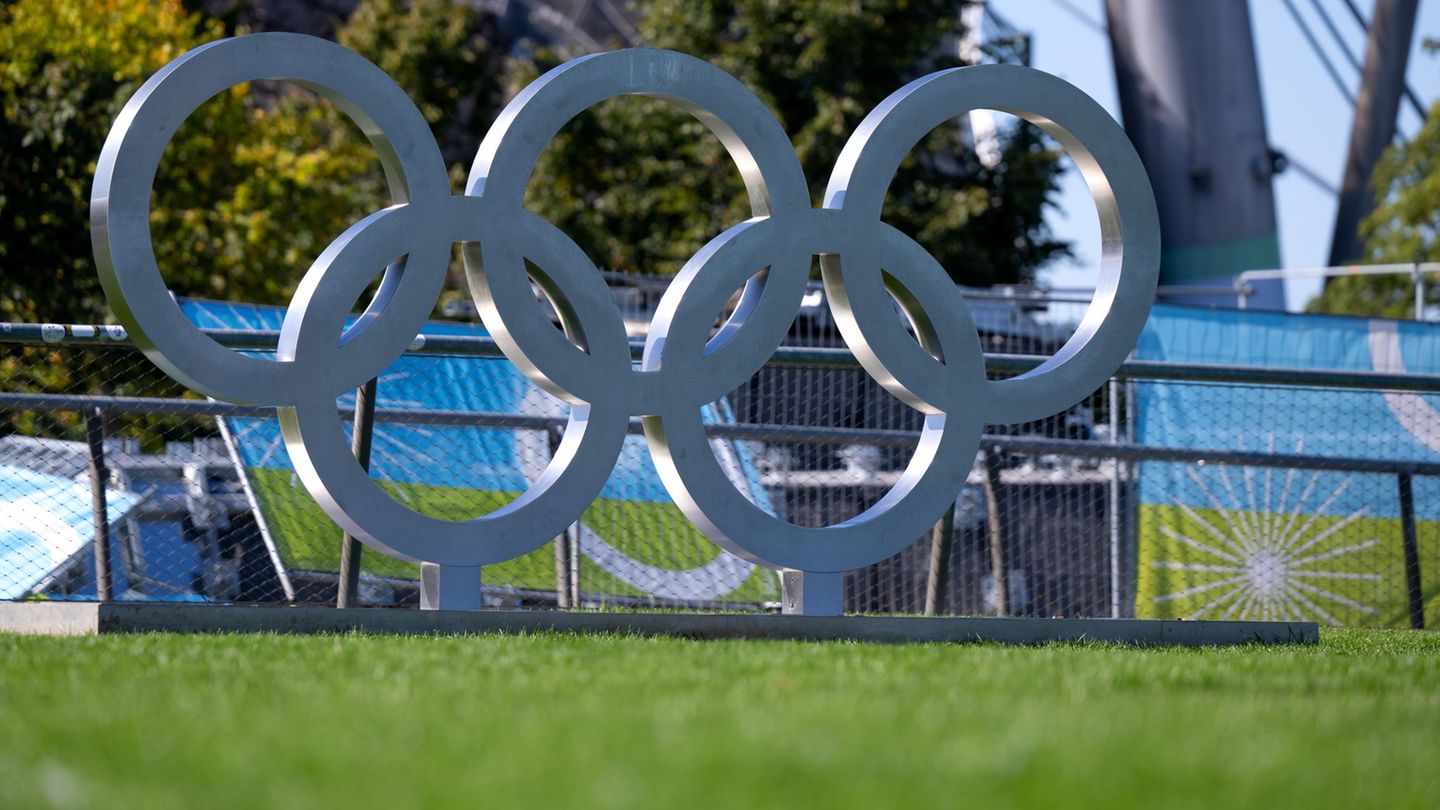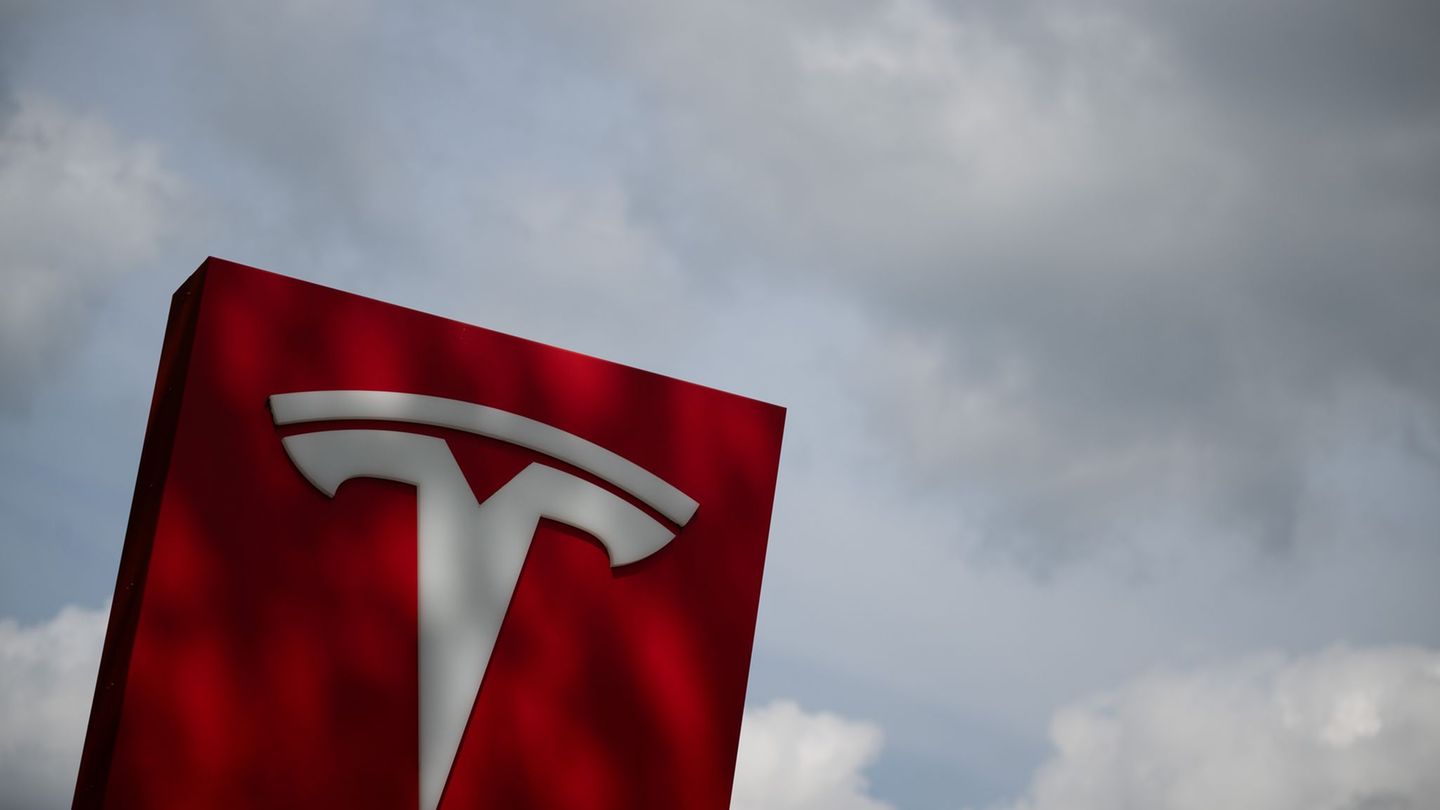It could be stipulated, for example, that socially disadvantaged people should be able to get additional amounts of energy at a lower price, he said in the “profil” interview. On Monday, the government’s “Crisis Cabinet” will inform representatives of the opposition, federal states, social partners and energy suppliers about the latest developments in the energy and inflation crisis.
The weekly crisis cabinet with Chancellor Karl Nehammer (ÖVP), Vice-Chancellor Werner Kogler (Greens), Finance Minister Brunner, Energy Minister Leonore Gewessler (Greens) and Economics Minister Martin Kocher (ÖVP) will take place next Monday afternoon in an expanded group. The aim is to inform the opposition, the federal states, social partners and energy suppliers about the current situation, such as the gas supply, according to the Chancellor’s Office on the APA. Decisions or the announcement of new measures are therefore not pending.
“Invoice cover, no price cover”
The federal government is currently working on an “electricity price brake” and plans to present a model by the end of August. “It will be an invoice cap, not a price cap,” Brunner affirmed. The general electricity price is not limited, but a certain amount of electricity is subsidized for each household. How big this amount is is still being calculated, “we’re probably going to use the statistical average consumption as a guide”. Households are charged a flat rate for this, which is well below the market price, explained Brunner. The normal market price is then due for the consumption that is above that.
“If it’s up to me, you should have social tiers in there — if it’s administrable,” Brunner said. But this depends on the model, “it’s difficult to say at the moment,” he said. The model currently being discussed would relieve people in small apartments with low consumption in percentage terms more than higher earners in large houses with high consumption – because low earners have a larger proportion of their electricity consumption under the reduced price. But he was also in favor of additional social components, said Brunner: “One could, for example, stipulate that socially disadvantaged people would receive additional amounts of energy at a lower price. That could be all those who are exempt from the ORF GIS fee.”
The governor of Burgenland, Hans Peter Doskozil (SPÖ), insisted on a petrol price cap on ORF radio on Saturday: “The federal government should intervene here, cap it at 1.50 euros and halve taxes,” he demanded. That would be, says Doskozil, a “mixed version of interventions” where the market is still allowed to a certain extent, but on the other hand there are tax cuts. The fact that this would not be targeted and not an ecological incentive is irrelevant to Doskozil: “I believe that we are now in a situation and the whole price increase has reached a dynamic where we should no longer discuss steering effects.” Discussing steering effects and CO2 pricing “is completely wrong from my point of view” and “misses the goal”, now it’s about relieving the burden on the population.
Incidentally, Finance Minister Brunner once again did not want to be pinned down in “profil” by the entry into force of the already postponed CO2 tax in autumn. “It is legitimate to question measures in this extraordinary situation.”
Source: Nachrichten




